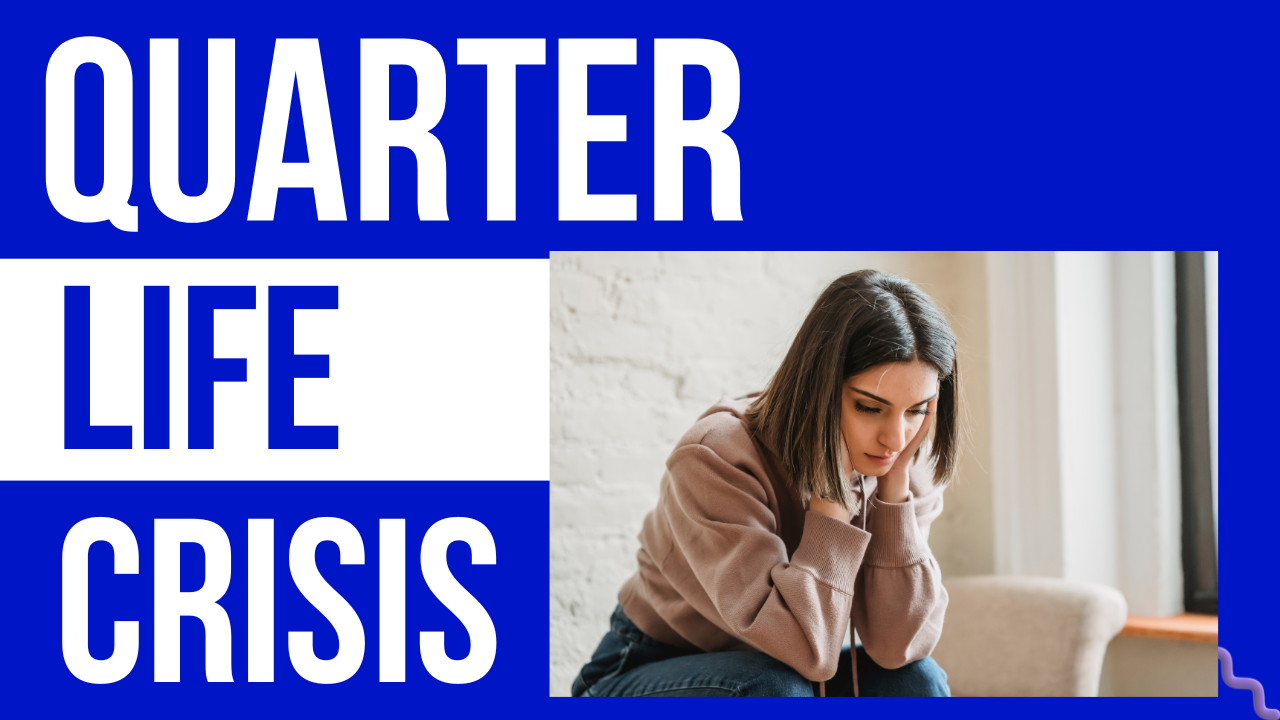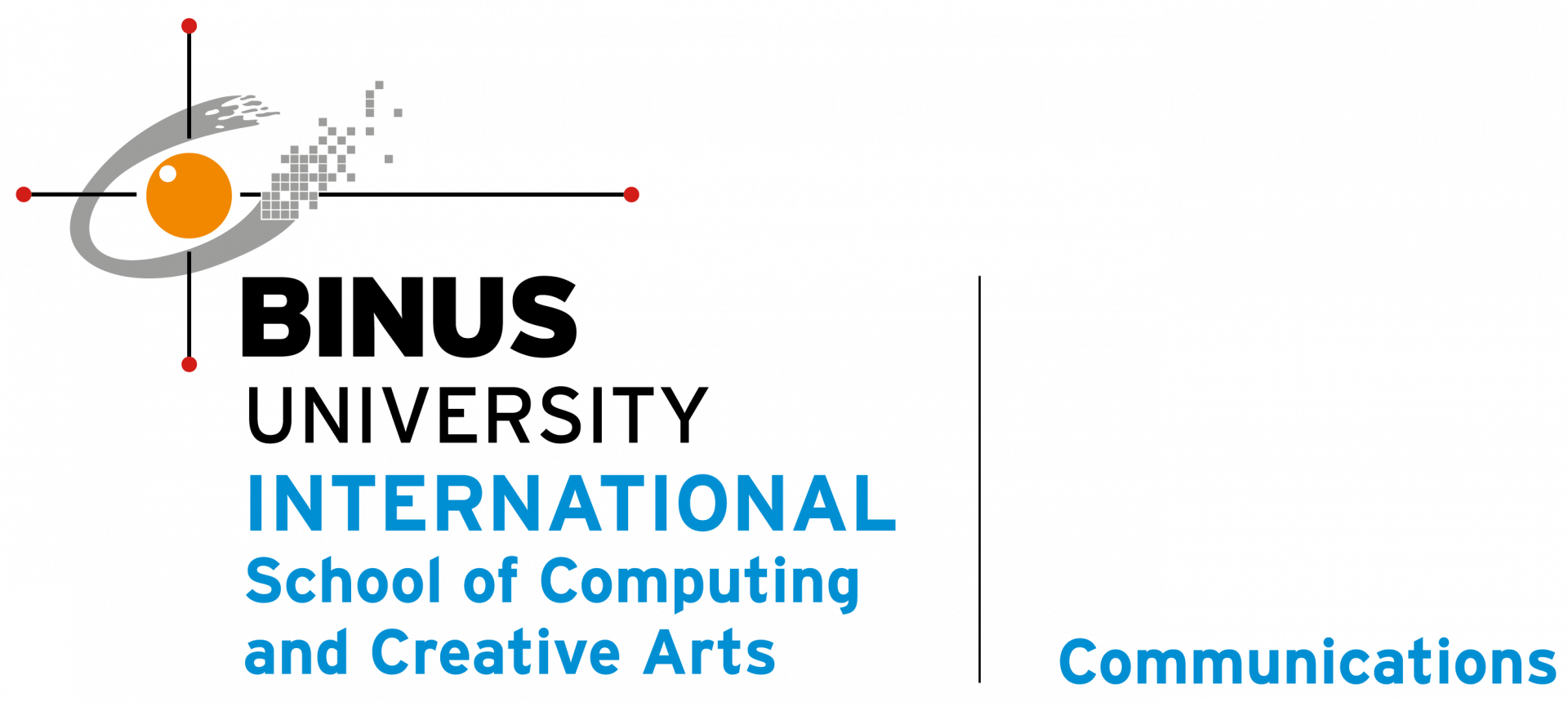Young people and quarter life crisis

Quarter-life crisis is very familiar for the millennials today. It is very common to the point that 75% of millennials have experienced it (Patel, 2021). By definition, a quarter-life crisis is the feeling of anxiety and uncertainty that occurs mostly in a person’s mid 20’s to 30’s. This feeling leads to questioning one’s self-identity and quality of life, such as, whether they have made the most out of themselves, their purpose in life, and maybe their existence.
The quarter-life crisis hits as a form of adapting to adulthood. Our emotional and environmental situation is changing. There are two factors that trigger the quarter-life crisis ; internally and externally. Internal factors usually come after the external effect, for instance watching our colleagues living their best life and having a great holiday with their loved ones, or as simple as receiving questions like, “When are you getting married?” in the family reunion. These external effects subconsciously make you compare your achievements to your friends’ and start to doubt yourself.
Quarter-life crisis can be solved by being confident, or what is called self-esteem. Having self-esteem means that you are able to appreciate what you have, such as your talent, achievements, friends, and values. However, self-esteem will not be achieved without being self-content. Being self-content means that you are able to define yourself.
According to the self-content theory by William James (1890), there are three components of self-content in order to answer the question, “Who am I?” The three components are material self, spiritual self, and social self. Material self refers to the things that you have. It could be in the form of objects, access, and connections. For example, your house, your family, your body, your education, and your friends. Observing the material self can open the door to seek for new chances. This is why filling your environment with great quality people is very important.
I was once a science class student back in 10th grade. I picked science because most of my friends signed up for it. However, I was never satisfied with my performance even though I got good grades. So, I planned to change my major to social science. I told my friend Velda about this and she said that I had to cope with it. On the other hand, my buddy Rachel replied with a supportive comment and told me to proceed with my plan.
These are two different responses to one single problem. Furthermore, finding people who are willing to support and believe in you is very crucial because it affects your spiritual self. The spiritual self refers to things within you. Your attitude, emotions, and beliefs. So, after I heard what Velda said, I started to think we have to do the things that we hate to get the things that we love. Conversely to Rachel after she asks me to proceed with what I think is right for me. It really did shape my spiritual self to be confident in what I think is right.
Lastly, the social self. As social creatures, we strive for recognition and status. Each person has several social selves based on who you are talking to and who you want to be seen as. For example, we might be seen as the wiser figure by our younger siblings, but our friends see us as childish. However, sometimes we are just too busy shaping our social self and forget about what we actually want. What is right is what the majority think is right. We start to compare ourselves with others to get a particular status. Who’s the most successful? The prettiest, and the happiest. Nevertheless, everyone has their own perceptions of happiness because happiness belongs to you.
Anyways, what’s important is how you use your gift to make an impact and have a quality of life. Studies show that 50% of millennials prefer to do something they like, not a perfect paycheck (Rote, 2019). In fact, the success symbol of our generation is not climbing the career ladder but doing something that personally matters. So, let’s pop out of those society bubbles and create our own world.
Writer: Ayu Aprilia, B2025
Editor: Lily El Ferawati


